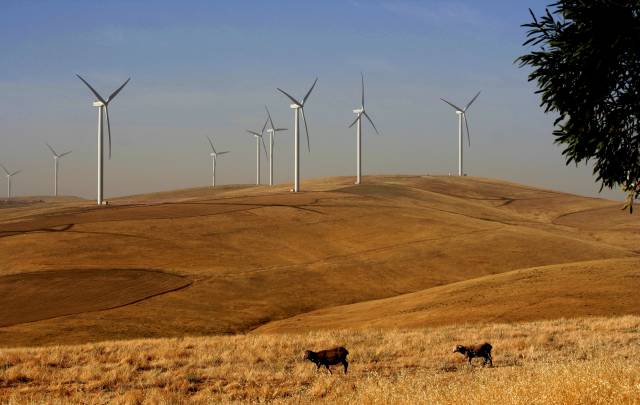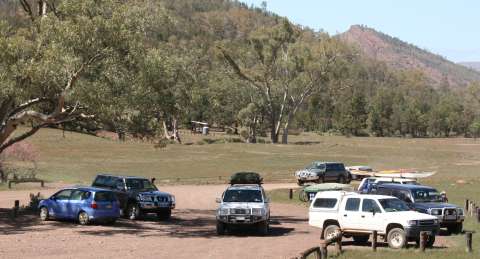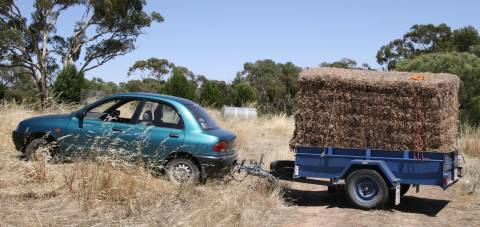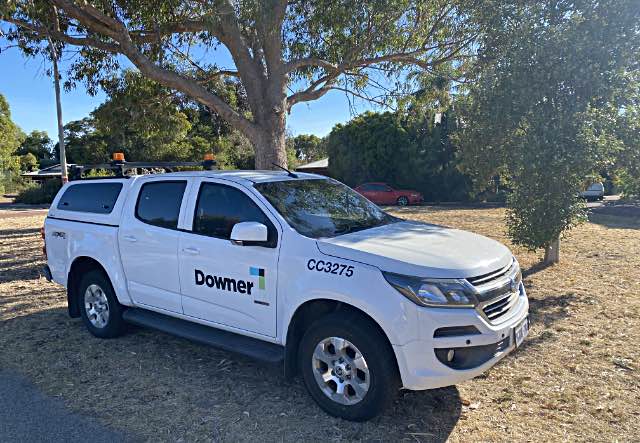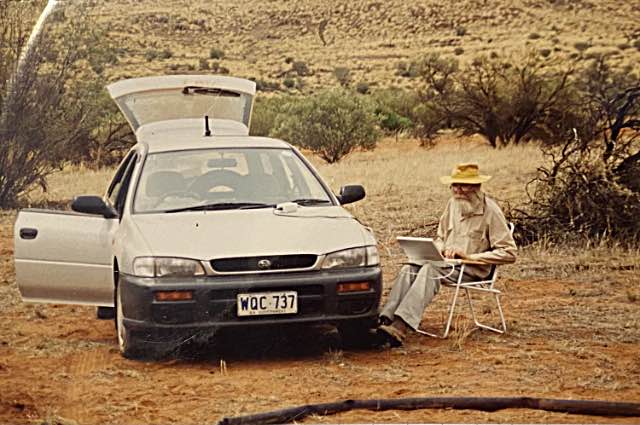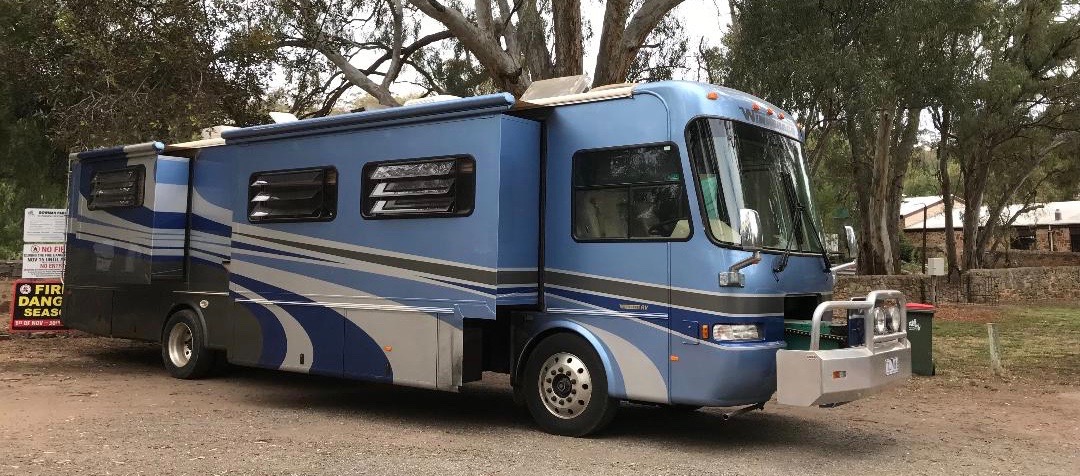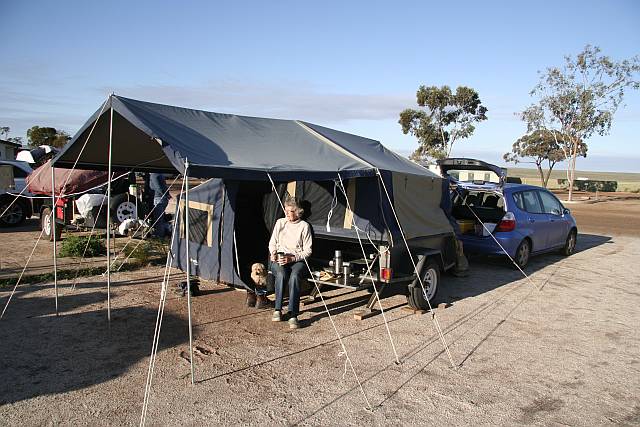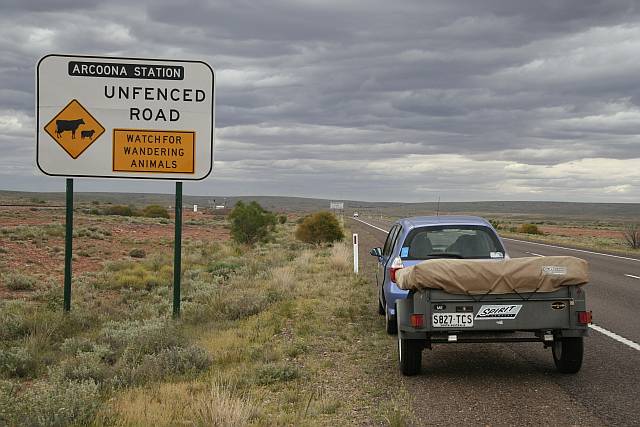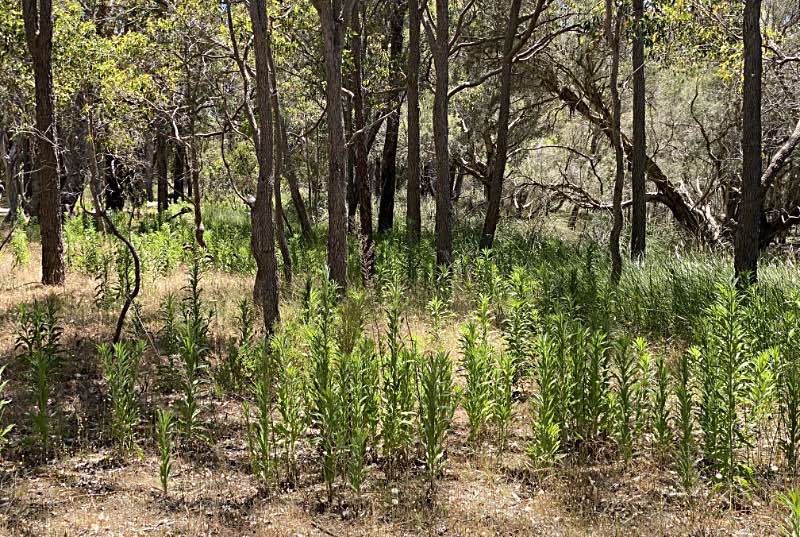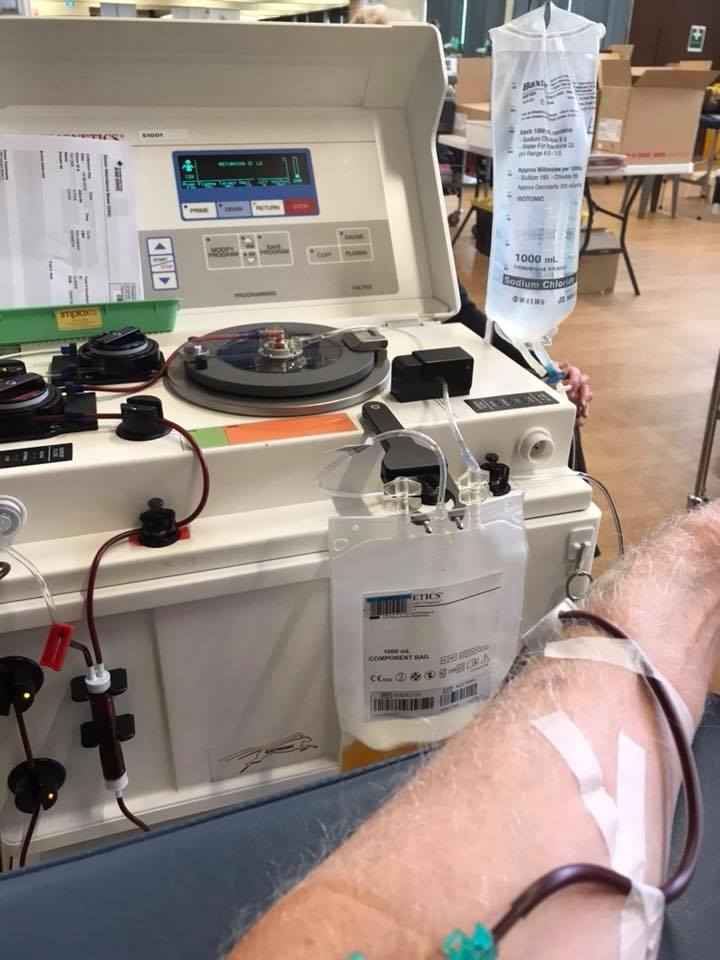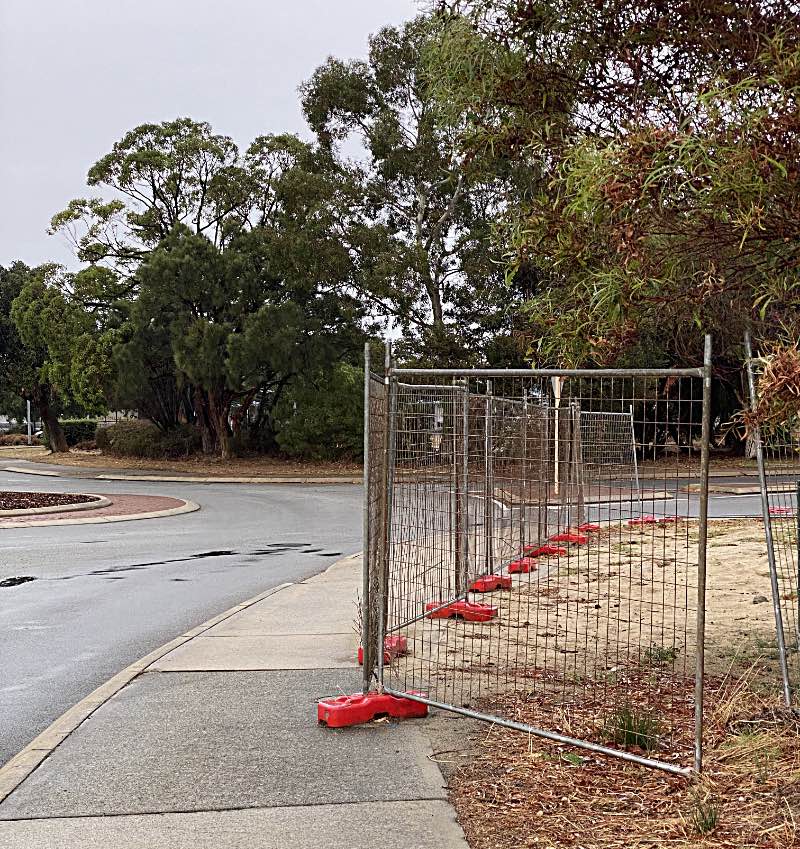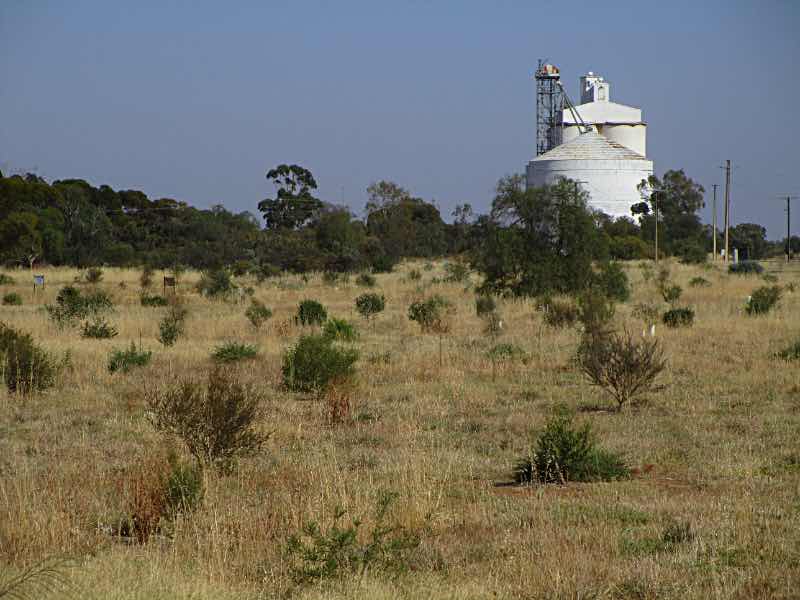Introduction
|
But neither governments, businesses, nor the great majority of individual are taking the challenge as seriously as it needs to be taken. In fact, in my experience, most people don't bother changing their behaviour at all.
Below I've written about where we are falling short of what needs to be done, and the fewer cases of where at least some of us have done well.
|
|
The consequences of our actions
|
Of course whenever a car engine is running the car is producing carbon dioxide and that is the most important of the greenhouse gasses that is causing climate change.
Then there are the people who throw rubbish out of the windows of their cars. So long as it is only a very few people who do this it's not a big problem, but there are so many people doing it in my local area that the roadsides quickly become unsightly.
In the photo on the right the label on 14 of the throw-away coffee cups was "Proudly using Fleurieu Milk Company". I suggest to the Fleurieu Milk Company that this is no cause for pride. Plainly Fleurieu Milk Company is not the only culprit. The fault is with a number of groups: the manufacturers of the cups, the shops that sell coffee in throw away cups, the irresponsible people who throw the cups onto the roadside, the government for allowing throw away cups at all.
In cases like these I wonder, does the person or people involved not care, or are they simply unaware of the consequences of their actions? Shouldn't we always consider the consequences of our actions?
Our emissions: who cares?
At the time I wrote this page, January 2024, only the stupid or intentionally blind could deny the reality and seriousness of anthropogenic climate change (climate change caused by humanity). Yet every day I see evidence that many people don't care enough to change their behaviour.Our emissions: The vehicles we drive
| |||
|
According to the author, Ruth Callaghan, not only are Australian's failing to put our shared environment first and change to smaller and/or more fuel-efficient vehicles, most of them are buying bigger, heavier, fuel guzzling cars.
Australians are spending more money than they need to on their cars, more money than they need to on fuel for their cars, and increasing the emissions that they are personally responsible for at the cost of accelerating climate change.
|
|
There is a tendency in people to spend in proportion to their income, whether or not they need the things that they are spending on. Humanity must decrease its consumption if we are to protect our shared environment, we must care enough.
Our emissions: Unnecessary car engine idling
Unnecessary idling can result in the release of about 2.5 kilograms of CO2 into the atmosphere per hour.
Apart from the emissions and waste of fuel there are several other reasons to not idle an engine for any longer than you need to:
- Internal combustion engines don’t lubricate as well while idling as they do at the higher revs when you are driving;
- As long as the car engine is idling it is producing, not only CO2, but also other air pollutants. While you are sitting in the idling car you will be breathing in some of these;
- Idling your car or truck longer than is necessary causes it to burn more oil. The longer you let your engine run, the more motor oil circulates and burns. That means spending more money on more frequent oil changes;
- Burning more oil tends to foul up the engine with incompletely burned residues;
- Excessive idling also decreases your car's performance. Given enough time, it can cause deterioration of spark plugs, head gaskets, and cylinder rings;
- And lastly, not only is idling a car engine a very inefficient way of generating electricity, it can even drain your car battery.
After leaving this spot I saw it on a nearby street still with its engine idling.
I thought at first that the engine was running because the occupant wanted to have the air conditioner on, but he informed me that 'he had to run the engine' because he was using a pad or laptop computer. I found this explanation incredible (in the true meaning of the word). And, considering point 6 above, idling may be counter productive for running electrical equipment, it may help drain rather than charge the battery.
At least 25 years earlier I had run a laptop computer from a Subaru Forester, a much smaller car, via an inverter. (The inverter changed the 12V DC from the car to 240V AC to power the computer, which then converted the power back into low voltage DC.) I never had any problems flattening my car battery with this arrangement. Surely a modern pad or laptop would be more energy efficient than my 25 year-old unit, especially considering the inverter being in the old circuit. A modern pad or lap-top computer can run for hours on its own battery and many more hours on a car battery.
|
|
The Downer Group, whose car it was, say on their Web site that "Zero harm to our people, communities and environment is embedded in our culture." Sorry Downer Group, I don't think this is indicating that you are serious about zero harm to the environment.
Our emissions: Our choices in touring and holidays
|
And perhaps consume 30 litres of fuel per hundred kilometres (and emitting about 70 kilograms of carbon dioxide per hundred kilometres).
|
Of course, unless you were much hardier than my wife and I, you wouldn't tour for six months with a tent trailer. But for a few weeks at a time, using caravan parks and camp kitchens along the way, it's fine.
|
|
|
The same car towed the camper across Great Dividing Range on the Great Alpine Road with ease on another trip.
This is about minimalism, downsizing everything you possibly can including your impact on the environment.
Our emissions: Public transport
I've noted elsewhere that while travelling by public transport is much less energy intensive than using one's own car, that at least in my community, very few people choose this responsible option.Of course even better than using public transport is walking or cycling, if that is a practicality for you.
|
|
Our emissions: Driving children to school
|
- School busses;
- Public busses;
- Bicycling;
- Walking.
In this age of out of control climate change schools have a responsibility to educate children on how to minimise the emissions that they, and their parents, are responsible for. They have a responsibility to encourage children, and the children's parents, to consider more environmentally responsible alternatives to driving their children to school. School administrations should do everything possible to minimise emissions and to encourage their students and student's parents to do the same.
We can all reduce the emissions we are responsible for by using public transport rather than driving our own cars, but for whatever reasonF Australians seem reluctant to travel by bus. I've written more on this point on another page on this site.
Who cares? We should all care!
Care for our environment
|
Surely we should all contribute where we can, to looking after our communities.
|
|
Blood donation
|
Only about 3% of Australians donate blood or blood products. Donating blood only takes a total of about an hour, it can be done as often as once every three months, while donating plasma takes a little longer and can be done as often as every fortnight.
I've tried to donate as often as I conveniently can for a number of years.
I took the photo while I was donating blood plasma. The plasma goes into the bag on the lower right. The bag at the upper right contains saline solution that is used to replace the volume of the plasma taken.
|
|
Don't just walk by, do something
|
We might think something is annoying, could be better, but how often do we perhaps grumble a bit to ourselves, rather than trying to do something to improve the situation. I am reminded of a saying that has been attributed to William L. Watkinson who used it in 1907. It has been adopted as the motto of Amnesty International (hence their emblem of a candle encircled with barbed wire). "It's better to light a candle than to curse the dark."
|
|
It was not just a minor inconvenience. To pass by anyone with a pram or gopher one had to get off the footpath and onto the road. The roundabout was quite a busy one. A pedestrian could have been hit by a car.
In the end it came to 'who cares enough to either do something or to try to get something done?' Don't just walk by, do something.
A park in Crystal Brook, South Australia
|
I conducted an informal poll of people's opinions on whether the neglected land should be revegetated or not. 191 voted for, 1 voted against.
I had help from two people in my revegetation efforts, one lived in the town, the other had lived in the town as a child and was very environmentally minded.
The 'owner' of the land was the South Australian government, who to my way of thinking should work for the SA people. But the government department directly responsible opposed the beatification of the land, without providing justification for their opposition.
After working on the project for several years Denece and I were forced by circumstances to leave South Australia. Whether anyone cared enough to continue on the beautification project after we left I don't know - I very much doubt that anyone did, but I'd like to be wrong.
We should hold our leaders to account
Back in 2002 Bush, Blair and Howard mounted their illegal, immoral, unjustified invasion of Iraq, which was so damaging to, not only Iraq itself and all its people, but to several other countries in the Middle East as well.Many people joined demonstrations at the time opposing Australia's involvement, but there have been few repercussions to Bush, Blair and Howard since. They should all be in jail.
And now Vladimir Putin has similarly invaded Ukraine. We humans should not allow our leaders to behave like this, but we do let them get away with it. You might ask, why do the Russian people allow, even support Putin in his efforts to become Tzar of another Russian empire, but we allowed Bush, Blair and Howard to get away with it, how can we condemn the Russian people?
The Vietnam War was another shameful episode in which the USA supported a corrupt regime and the wealthy Vietnames land-owners in their efforts to keep down the rural poor. And Australia helped the USA in all that they did.
But it seems few of us care enough to try to hold our leaders to decent ethical standards.
